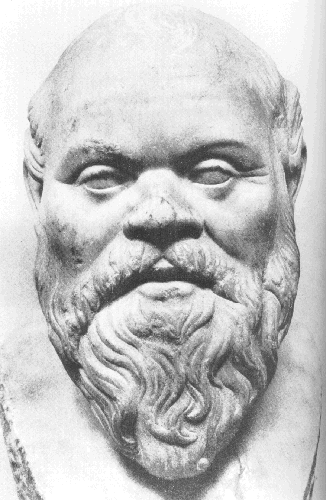
Existential quantification
In predicate logic, an existential quantification is a type of quantifier, a logical constant which is interpreted as "there exists", "there is at least one", or "for some". It is usually denoted by the logical operator symbol ∃, which, when used together with a predicate variable, is called an existential quantifier ("∃x" or "∃(x)" or "(∃x)"[1]). Existential quantification is distinct from universal quantification ("for all"), which asserts that the property or relation holds for all members of the domain.[2][3] Some sources use the term existentialization to refer to existential quantification.[4]
"∃" redirects here. For the letter turned E, see Ǝ. For the Japanese kana ヨ, see Yo (kana).Type
Quantification in general is covered in the article on quantification (logic). The existential quantifier is encoded as U+2203 ∃ THERE EXISTS in Unicode, and as \exists in LaTeX and related formula editors.
Properties[edit]
Negation[edit]
A quantified propositional function is a statement; thus, like statements, quantified functions can be negated. The symbol is used to denote negation.
For example, if P(x) is the predicate "x is greater than 0 and less than 1", then, for a domain of discourse X of all natural numbers, the existential quantification "There exists a natural number x which is greater than 0 and less than 1" can be symbolically stated as:



